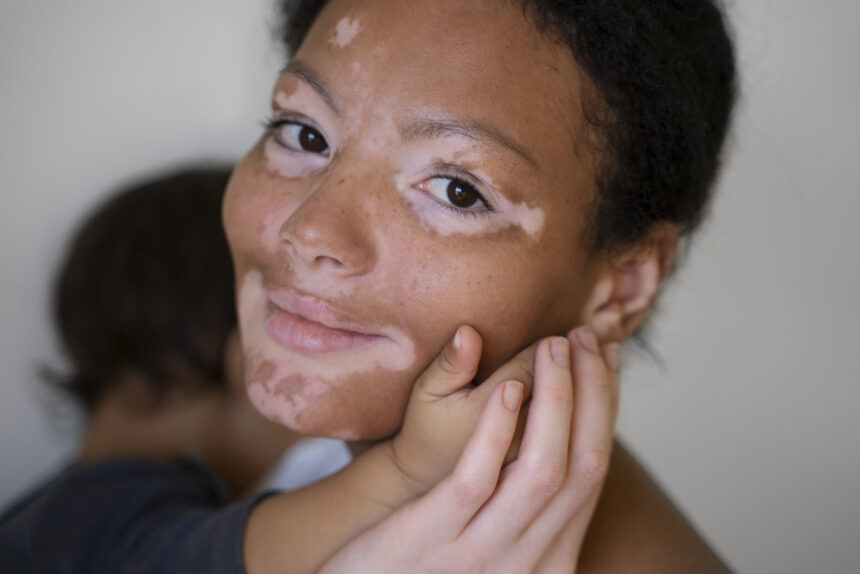The skin is the largest organ of the body, serving as a protective barrier against external factors. In South Africa, like in other parts of the world, various skin disorders can affect individuals of all ages and backgrounds. Understanding common skin conditions, available treatment options, and practicing proper skincare can help individuals maintain healthy skin and address specific concerns effectively.
Common Skin Conditions in South Africa:
- Acne: Acne is a common skin condition characterized by the formation of pimples, blackheads, and whiteheads. It can affect people of all ages, particularly during adolescence due to hormonal changes. Effective treatment options for acne include topical creams, gels, oral medications, and lifestyle modifications.
- Eczema: Eczema, also known as atopic dermatitis, causes itchy, inflamed, and dry skin. It often develops in childhood but can persist into adulthood. Treatment typically involves moisturizing the skin, avoiding triggers, using topical corticosteroids, and taking oral antihistamines to manage itching.
- Psoriasis: Psoriasis is an autoimmune condition characterized by red, scaly patches on the skin. It can vary in severity, and treatment options include topical creams, phototherapy, systemic medications, and lifestyle modifications.
- Fungal Infections: Fungal infections, such as athlete’s foot and ringworm, are common in South Africa. These infections thrive in warm and moist environments and can be treated with antifungal creams or oral medications.
- Hyperpigmentation: Hyperpigmentation refers to darkening of the skin, often caused by sun exposure, hormonal changes, or post-inflammatory processes. Treatment options include topical creams with ingredients like hydroquinone or retinoids, chemical peels, and laser therapy.
Treatment Options for Skin Disorders:
- Topical Treatments: Many skin conditions can be effectively managed with topical treatments, such as creams, ointments, gels, or lotions. These may contain ingredients like corticosteroids, antibiotics, antifungals, or retinoids, depending on the specific condition being treated.
- Oral Medications: In some cases, oral medications may be prescribed to treat severe or systemic skin conditions. These medications can include antibiotics, antifungals, immunosuppressants, or retinoids.
- Phototherapy: Phototherapy involves exposing the skin to ultraviolet (UV) light under medical supervision. It can be beneficial for conditions like psoriasis, vitiligo, and eczema. Different types of phototherapy, including narrowband UVB, PUVA, and excimer laser, may be used based on the specific condition and its severity.
- Laser Therapy: Laser therapy is a non-invasive treatment option for various skin concerns, including acne scars, hyperpigmentation, and vascular conditions. Different types of lasers can target specific skin concerns and stimulate collagen production or target pigmentation.
- Lifestyle Modifications and Skincare Tips:
a. Sun Protection: South Africa’s sunny climate makes sun protection essential. Use sunscreen with a high SPF, wear protective clothing, and seek shade during peak sun hours to prevent sunburn and reduce the risk of skin cancer.
b. Moisturize: Regularly moisturize the skin to maintain hydration and prevent dryness. Choose moisturizers suitable for your skin type and consider those with added ingredients like hyaluronic acid or ceramides.
c. Gentle Cleansing: Use gentle cleansers to avoid stripping the skin of its natural oils. Avoid harsh soaps or cleansers that can aggravate skin conditions.
d. Healthy Lifestyle: Maintain a healthy lifestyle by eating a balanced diet, staying hydrated, exercising regularly, and managing stress. These factors can contribute to overall skin health.
e. Avoid Triggers: Identify and avoid triggers that worsen skin conditions. This can include allergens, irritants, certain foods, or environmental factors.
f. Seek Professional Help: If you experience persistent or severe skin concerns, it is advisable to seek professional help from a dermatologist or healthcare provider. They can provide an accurate diagnosis and recommend appropriate treatment options.
In conclusion, understanding common skin conditions, available treatment options, and practicing proper skincare is crucial for maintaining healthy skin in South Africa. By adopting healthy lifestyle habits, using suitable skincare products, and seeking professional guidance when needed, individuals can effectively manage skin disorders and promote optimal skin health. Remember, each person’s skin is unique, so it’s essential to tailor skincare routines and treatments to individual needs and concerns.










